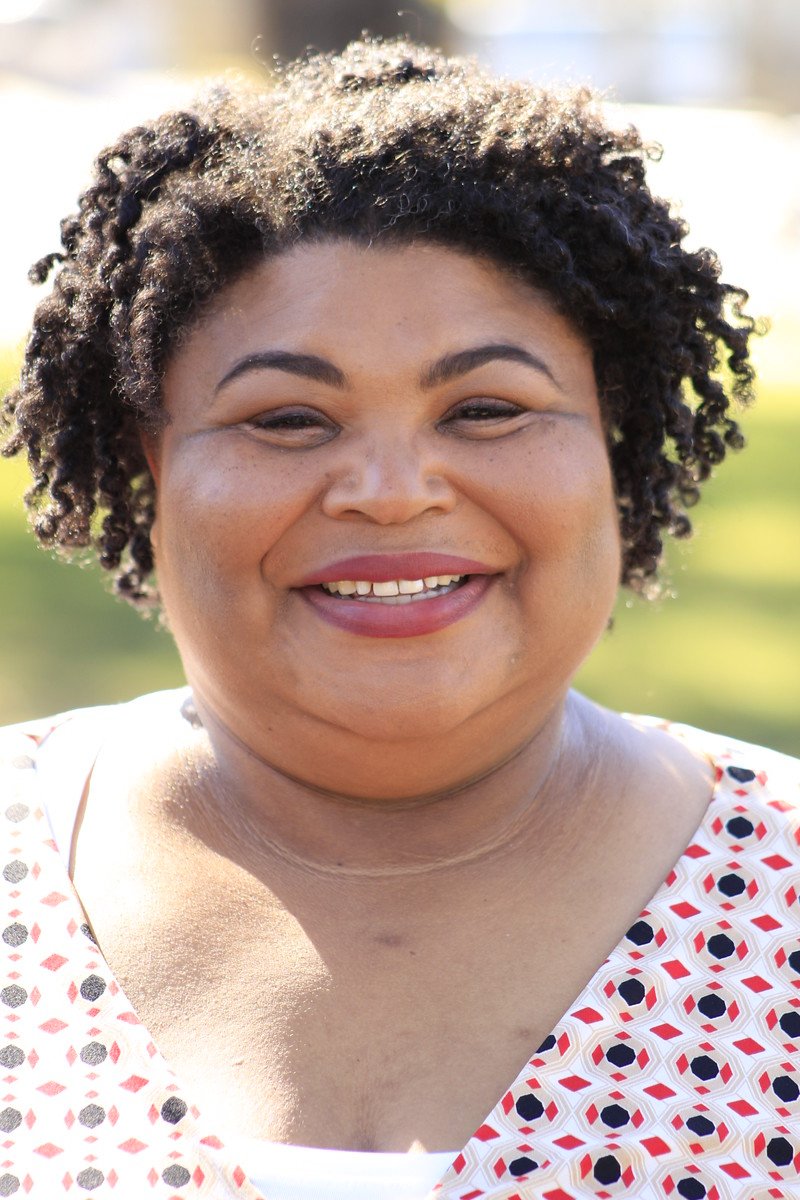Q&A with Civic Health Coach Andrea Slater
Northwest Health Foundation’s four-year initiative, the Civic Health C4 Power Program (C4PP), launched a year and half ago, so we wanted to check in with one of our coaches, Andrea Slater, who is coaching Unite Oregon Action and The Ebony Collective CDC.
Andrea, you joined as a coach pretty recently; what was your first priority in getting to know the two groups you are paired with?
When it comes to political work, it can be a little harsh and frustrating. The C4PP program is just the opposite, and it helps fuel me to keep doing the work. All of the groups I have met have been phenomenal for various reasons, and the two groups I am working with are no exception. Both groups, Unite Oregon and the Ebony Collective are unique and in different spaces of development. Unite Oregon has been around longer and has the benefit of the consolidation of two organizations while Ebony Collective is a newer organization fresh out of the gate building from the ground up. With that in mind as a coach, I tried to make sure I was listening to the staff and the leaders at Dancing Hearts Consulting (DHC) to see what was needed to accomplish the goals. I also wanted to address the previous work in progress, as opposed to pushing my agenda on them. I made the point of getting to know them as people and not just their role within the organization to learn more about what motivates them to do the work and stay engaged and use that as the basis for engagement.
What are some unique barriers facing these groups that folks might not be aware of?
Community engagement is constrained by time and resources. Reaching out and building capacity in the community helps with the heavy lifting, but time and staffing limit the time to get the outreach done. Staffing is a barrier for both groups. There are so many issues and policy problems that need correcting for BIPOC folk in the Pacific NW, it is difficult to know how to prioritize staff hours and keep those staff dedicated until they see effective solutions. Coming from the NW helps give me a perspective that might differ from others. I grew up with people who down to the neighborhood level helped improve their communities, so I know that the work has been done in a limited capacity. Instead of seeing this as a shortfall, I see it as a starting point to do bigger things. I remember the first Black city commissioner, first Black judge and other firsts across the Pacific NW and know the barriers they knocked down in their day. The same desire and energy exists with our new organizations and electees, if they know there is a base to support them beyond election day.
What are some wins each group has had this year?
Unite Oregon has been able to tackle the time and staffing issues with building an internship program. This helps to bring in members as well as engage the next generation of activists in the work. They have also been more invested in the endorsement process and making those endorsements count towards building political power.
Ebony Collective has been moving from a start-up to becoming a more established organization in the community. While the year so far has been slow starting, Ebony Collective has inserted itself into the Environmental Justice movement for BIPOC community and started with a survey to assess the needs and concerns of the people as a means to not only educate, but also build capacity and membership.
The Ebony Collective CDC
Where have you seen some growth since your first meeting with the groups?
The ability to delegate and prioritize the work has been an area of growth for both groups. Understanding and accepting that the work is bigger than ourselves is a significant area of growth and helps to alleviate the burnout typical of our work.
How are these two groups engaging in the primary election and prepping for the general election?
Unite Oregon has been working to identify candidates that can carry the work and policies that are important to the organization. UO has been handling endorsements and putting together slates of candidates for support among the membership. For the general election both groups are working to build and engage get-out-the-vote (GOTV) programs to support their endorsed candidates. This will help build power for the organizations moving forward as organizational support will translate into boots on the ground for the candidates and ballot measures.
You have been doing this type of work for a while in the Bay Area. What makes this program uniquely set up for success?
This a great program. The flow of information allows the organizations to learn from conversations about the mistakes of the leaders and coaches. Having the benefit of these experiences is key to avoiding the same mistakes and pitfalls. The program not only addresses building political power, but also infrastructure for the groups, discussing budgeting tools and techniques, different types of funding and other helping aids.
Many programs will focus on only one aspect and not illustrate how all the pieces work together in any detail and this program helps to alleviate that issue. This program allows the coaches to work building the modules, provide input and work collaboratively to develop a stronger program. Another great thing is the family type environment, the groups are encouraged to work together and share information as opposed to competing for space, funding and recognition as has been seen in other areas where this has been attempted.
Anything else you would like to share?
NWHF’s faith in supporting this program is key to helping bring BIPOC organizations out of the margins. This program developed by DHC is instrumental in helping the groups grow and gain political power at a faster pace than groups that don’t have the benefits of the program.


